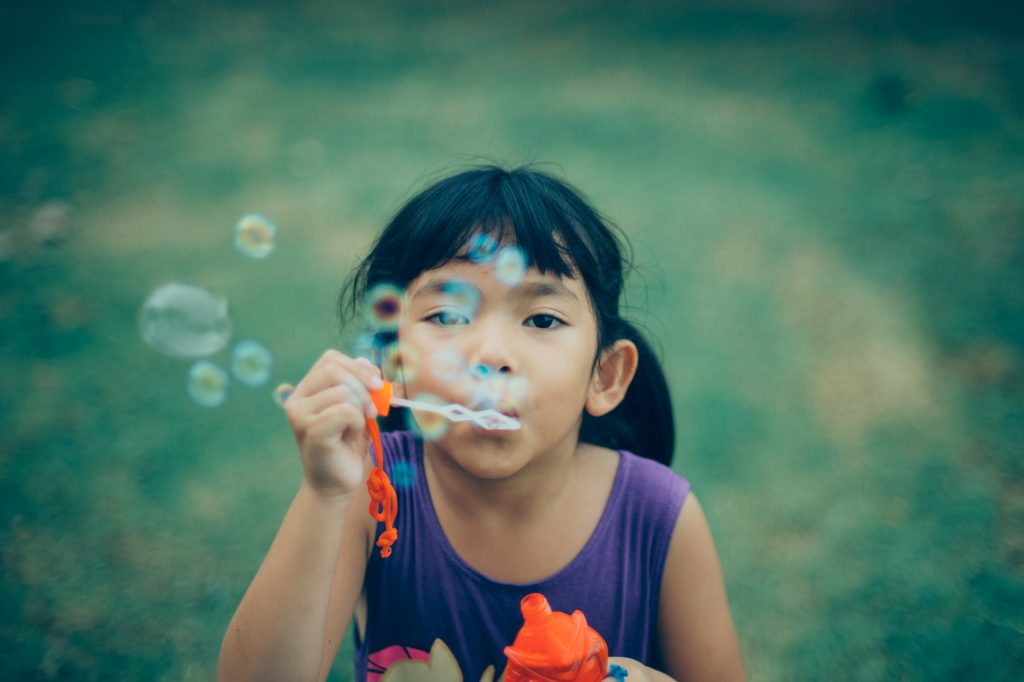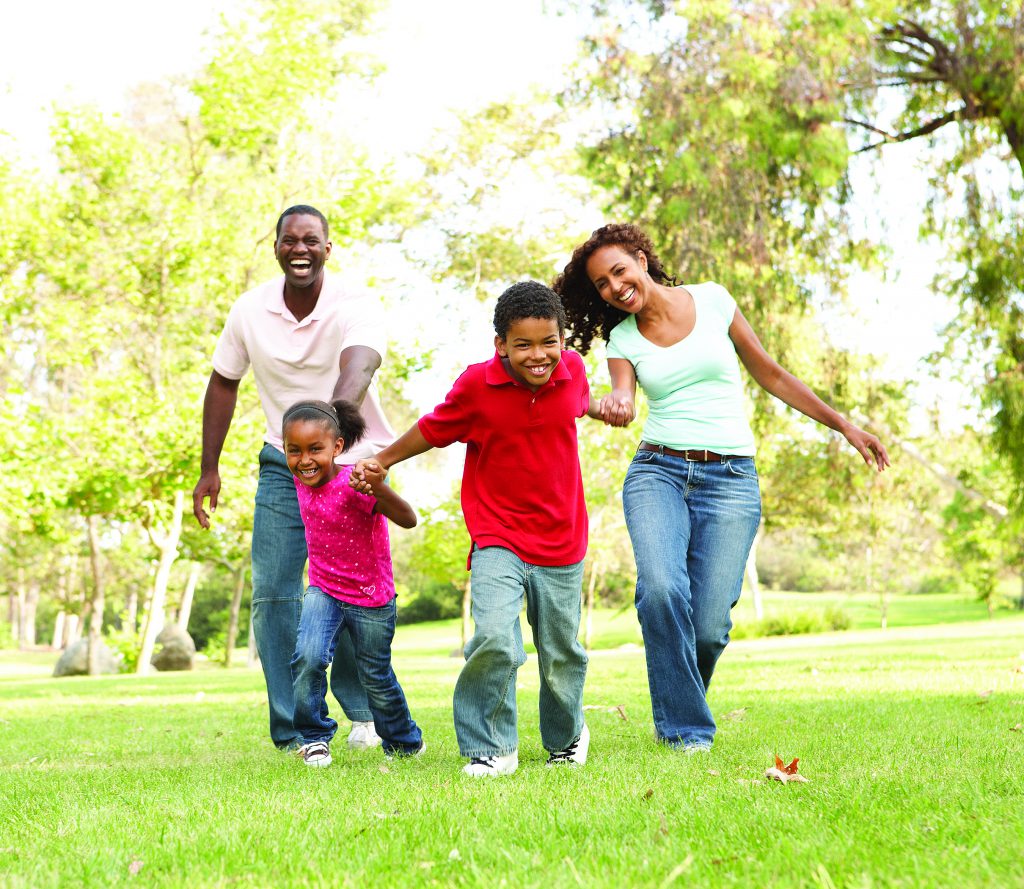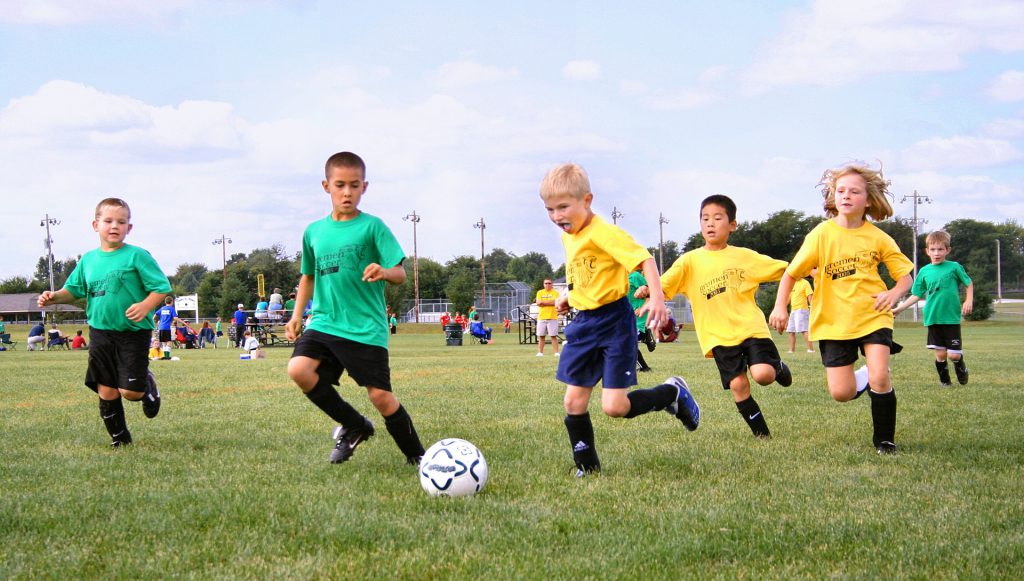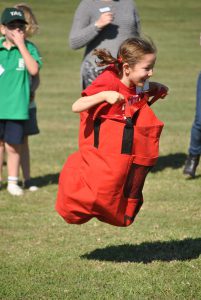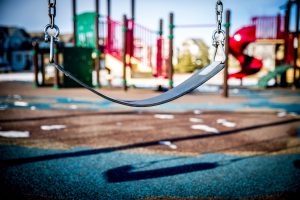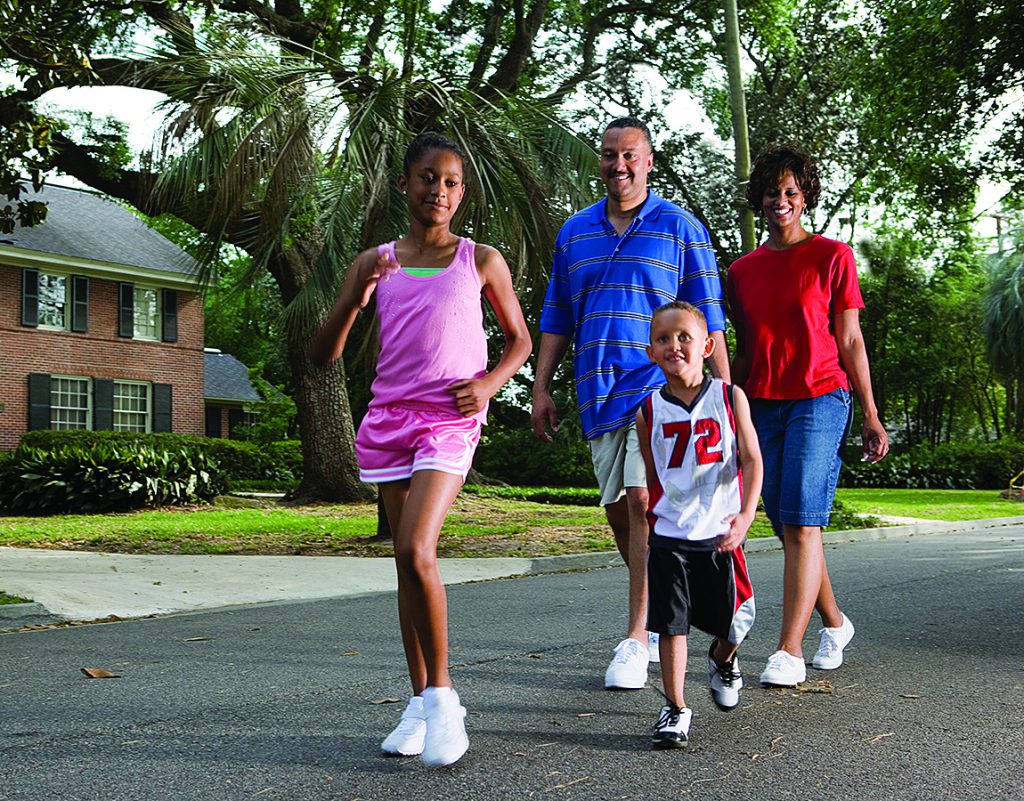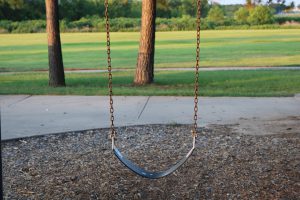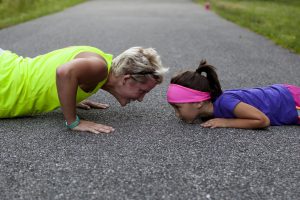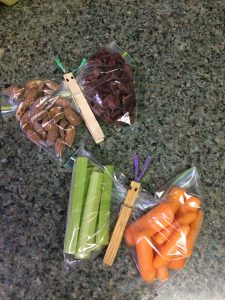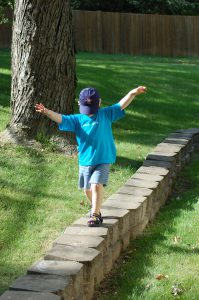Your child’s toddler and preschool years are the time to prepare them for kindergarten. While kindergarten may seem far off, there are many factors that go into kindergarten readiness, including gross and fine motor skills, that your child should be developing as they grow. Motor skills are related to your child’s physical abilities and muscular … Read More
Tag: child
Group Games for School-Age Kids
Once children reach elementary school, they might have outgrown group games like “Duck, Duck, Goose.” Games can help children develop cognitive and motor skills, so group games are still great forms of physical activity for school-aged children. Rethink group games for your elementary schooler! Here are a few ideas to get you started: Snake in … Read More
Supporting Your Children Playing Sports
Next week (July 16-22) is National Youth Sports Week. Sports help children and adolescents develop character while keeping them fit and active. Children who play sports learn how to work with others as a team, self-motivation, and how to deal with emotions when a game is lost. As a parent or caregiver, you can play … Read More
Relay Race
Relay races are a fun way for kids, especially preschoolers, to learn sportsmanship as they compete against other teams to win. They’re a great activity to include in your summer cookouts and neighborhood block parties with friends and family. There are many ways to play, but you usually will split into two (or more) teams … Read More
National Park and Recreation Month
July is National Park and Recreation Month! The National Recreation and Park Association (NRPA) exists to promote public parks, recreation, and conservation. Children with access to safe parks and recreation are more likely to participate in physical activity,¹ so parks play a critical role in children’s health. This month, get your children outside and utilize … Read More
Fitting in Physical Activity
School-aged children spend much of their day focused on school between waking up early, spending all day at school, and doing homework when they get home. With the demands of school, it can be hard to fit in physical activity, especially when the whole family is tired from a long day. Physical activity can help … Read More
Summer Safety
Summer break is quickly approaching for school-aged children and teens. For many students, this means a break from school and extracurricular commitments and time to have fun and recover from the school year. Summer’s a great time for children to spend more time being physically active. With more freedom during this season comes more opportunities … Read More
Strength Training for Children
Strength training is a vital type of physical activity that helps our muscles and bones grow stronger. Bone mass builds tremendously during childhood, and strength training is a great way to ensure children’s bones grow strong. Once children are old enough to play organized sports (usually around 7-8 years old), they can start participating in … Read More
Butterfly Snacks
Fill a re-sealable snack bag with two healthy treats (one on each side). Pinch the middle with a clothespin. You can decorate the clothespin to look like a butterfly with markers and twist ties. Try grapes, cheese cubes, baby carrots, celery, pretzels, oat cereal, dried cranberries, almonds and more! … Read More
Preparing for PE Fitness Tests
North Carolina public schools encourage healthy growth and development by creating physical activity goals for children to meet in physical education (PE) classes. Even if your child hasn’t started kindergarten yet, you can be preparing them early for the PE requirements. Listed below are activities for different grade levels that children can participate in to … Read More
